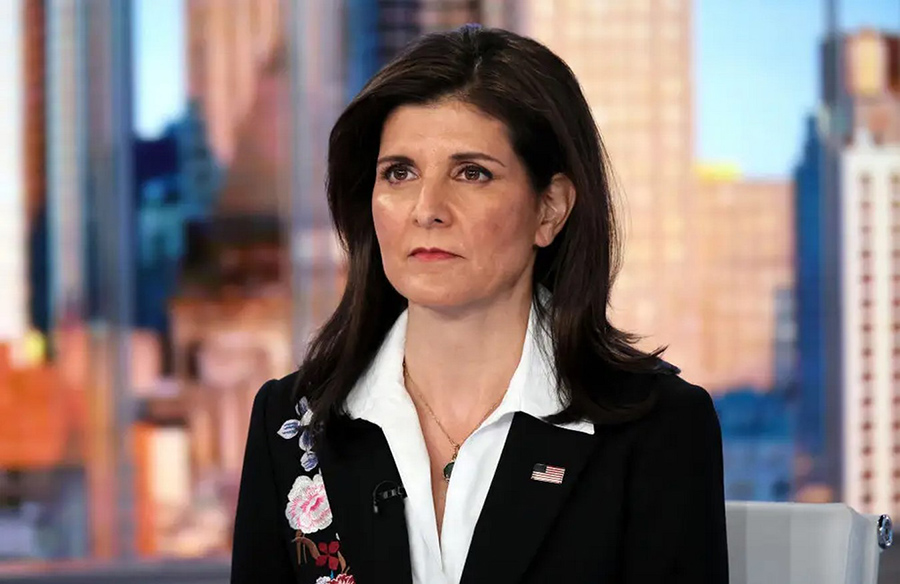
Former UN Ambassador Nikki Haley, despite being the only major candidate on the official state-run Republican presidential primary ballot in Nevada, lost to the option “None of These Candidates.”
Nevada’s Unique Primary System
While Nevada law mandates the hosting of a primary, it does not compel the political party to utilize the results from the state-run primary to allocate delegates. Consequently, Nevada’s Republican Party is conducting a caucus to determine the allocation of its 26 delegates. Notably, candidates participating in the state-run primary are barred from caucusing on February 8.
Haley’s Participation
In a puzzling move, Nikki Haley opted to participate in the state-run primary in 2023, despite being unable to secure any delegates from it. As former President Donald Trump, the frontrunner in the GOP race, chose to participate in the caucus, Haley emerged as the sole major candidate on the Nevada primary ballot, with her name absent from the caucus ballot.
Unexpected Outcome
Despite being the primary’s top vote-getting actual candidate, Haley was overshadowed by the “None of These Candidates” option, which garnered more votes on Tuesday night. Consequently, while Haley technically “won” the primary, the victory holds no tangible benefits, especially considering the absence of delegates.
Historical Context
The “None of These Candidates” option has been a fixture on Nevada ballots since 1975 but has never garnered more than approximately 2.5% support in a general presidential election.
Conclusion
Nikki Haley’s defeat in the Nevada GOP primary to “None of These Candidates” underscores the peculiarities of the state’s primary system and highlights the need for candidates to carefully navigate the intricacies of each state’s electoral processes.










Leave a Reply